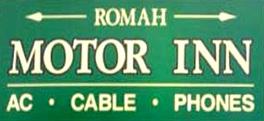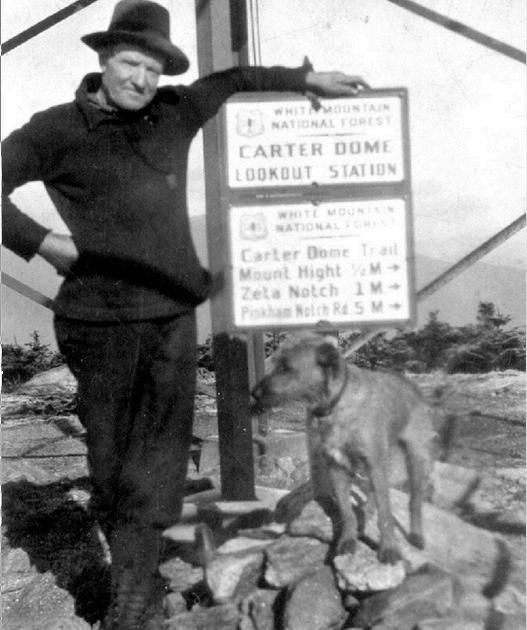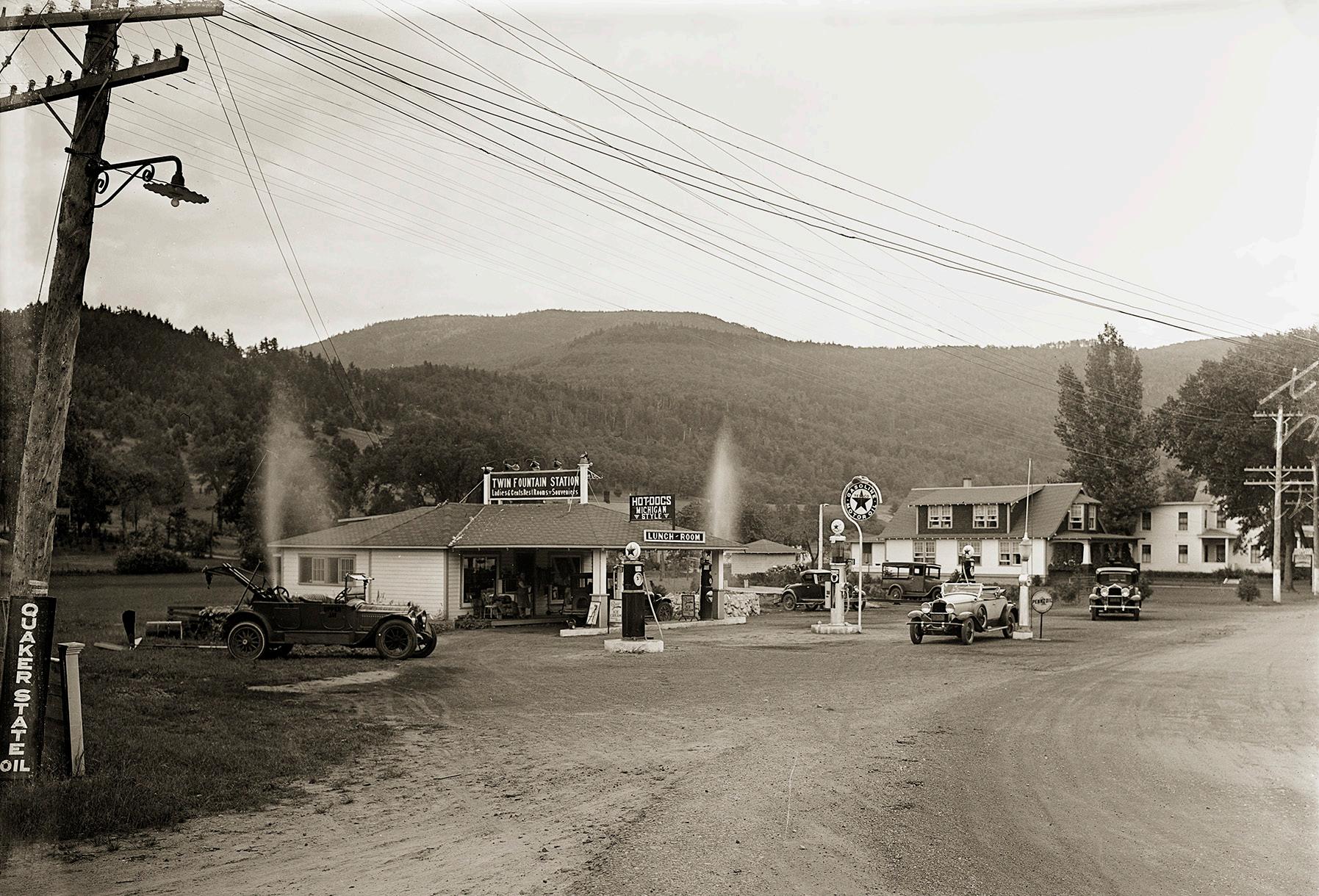
9 minute read
Fryeburg’s Jigger Johnson The last old-fashioned lumberjack
DiscoverMaineMagazine.com
Fryeburg’s Jigger Johnson
Advertisement
The last old-fashioned lumberjack
by James Nalley
Among the numerous figures that have secured their places in American folklore along with Paul Bunyan, Casey Jones, and Johnny Appleseed, there was a man from Fryeburg who was known for his superhuman exploits, extraordinary strength, and drunken brawls. He was none other than Jigger Johnson or simply, “the Jigger.” In fact, logging historian Robert Pike, in his book titled Tall Trees, Tough Men, referred to him as the “last old-fashioned lumberjack” who “could cut a swath of timber from Maine to Oregon” and “yelled like crazy devils when they pounded the bars in Bangor,
Saginaw, St. Paul, and Seattle.”
Born in Fryeburg on May 12, 1871, Albert “the Jigger” Johnson was the son of a mother and father who called themselves “true Yankees.” Over time, his legendary exploits even produced stories regarding his birth and schooling. For example, according to the book Holy Old MacKinaw: A Natural History of the American Lumberjack by Stewart Holbrook, “When the Jigger was born, he came out of his mother’s womb with a wad of tobacco in his lip, caulk boots on his feet, and a peavey (a cant hook used for logging) in one hand and an axe in the other.” In addition, (cont. on page 46)
Our Promise To You
We know that losing a pet is losing a member of the family. You have every right to expect whoever cares for your pet respects your wishes.

It’s our mission as well as our business. We’re longtime pet owners too, and respect your loss. We provide personal and respectful care for your pet. You and your pet deserve that.
Unlike others, we provide a respectful place if you want to be there when we care for your pet. We’re honored to provide the personal care you deserve because we care too. And why we provide a level of personal care far beyond the industry standards of any commercial providers.
Because we strive to provide the personal and respectful care others don’t off er. You have every right to expect nothing less.
207-693-6690 │310 Roosevelt Trail • Rt. 302 • Naples, ME │ romahinnnaples.com


We are located one mile from the Naples Causeway close to swimming, boating and fishing at Long Lake, Brandy Pond and Sebago Lake.
Open all year round • Clean, comfortable accomodations • Non-smoking rooms Daily housekeeping • Full baths • 43” Flatscreen TV • Hair dryers Iron & ironing board • WiFi • Mini refrigerator • Coffee maker • Microwave — Your hosts, Luis & Nancy Bonilla — www.cascovillagevariety.com Pizza • Subs • Sandwiches Beer • Soda • Ice • Propane
Deer Tagging Station

(cont. from page 45) “The Jigger had only two formal days of schooling — the first day, when the Jigger forgot his books, and the second day, when the teacher was out sick.”
More realistically, the Jigger’s love for the outdoors and logging began around the age of 12 when he worked as a cookee (a cook’s assistant) at a lumber camp in Milan, New Hampshire. At that time it was forbidden for the loggers to talk with one another during mealtimes since it could interfere with the cook’s and cookee’s jobs. However, on one particular evening several newcomers had decided to talk during the evening meal, after which the 12-year-old Jigger kindly asked them to stop. According to Robert Monahan in New Hampshire Profiles magazine, “An argument ensued, and the next thing the loggers knew was that the youth had jumped onto the fully-grown man and sunk his teeth into his ear. After the other men separated the two, part of the man’s ear remained in the Jigger’s mouth.” Sub-
Richard Wing & Son Logging Inc.
sequently, the other loggers were so impressed that they combined a portion of their wages and bought the Jigger a can of chewing tobacco.
By the age of 20 the Jigger had worked his way up the ranks and secured a position as the head chopper of a lumber camp along the Androscoggin River. As stated by Holbrook, the Jigger had few equals, especially “at a time when a man working in the woods was judged by the smoothness of the scarf of his axe’s undercut… He was also an unusually good logger who could fell a tree uphill or downhill and make it fall precisely on a stake previously set in the ground.”
Regardless of whether the Jigger was working in New England or across the country in Washington state, Pike stated that he would openly boast that he could “jump higher, squat lower, and spit further than any son-of-a-bitch in the camp.” As a foreman, he was also known to have kicked off the knots of a frozen hemlock log barefooted and (supposedly) would not hire anyone who could not do the same.
As the stories of the Jigger spread throughout the logging communities, his characteristics of being an honest, hardworking boss that paid his men high wages drew eager workers aiming to earn a good day’s pay. As a result, he could walk into any bar from New Hampshire to Quebec and easily convince drunken loggers to help him
Heart & Hand Inc.
Landscape • Excavation • Construction Retail Center
Poulin Grain, Pet Supplies, Black Gold Soil, Garden Supplies Log Works by Heart & Hand, Inc. Specializing in Log Homes
All aspects of new construction, remodeling, rot repair, cleaning, staining & caulking (207)935-1125 750 Pequawket Trail • Brown eld, ME heartandhandlandscape.com
~ In business since 1973 ~
Logging • Chipping Selective Cutting Land Clearing Trucking & Lowbed Services

~ Fully Insured ~
_____________________ 207-642-6181 80 Fort Hill Road Standish, ME 04084
drive logs down some of the most dangerous portions of the Connecticut River. However, with such high wages, the Jigger expected unfailing loyalty. According to Holbrook, on one occasion the Jigger ordered his men to wait at the camp as he went into West Stewartstown, New Hampshire, to recruit more loggers. Upon his return, he realized that his men had left for the Line House at the Beecher Falls/East Hereford Border Crossing. Upon entering the Line House, the Jigger “grabbed a peavey and ran into the crowd swinging.” The bouncer, a bulky French-Canadian, knocked the Jigger to the ground and began stomping on him. The Jigger then lifted the bouncer by his feet, threw him on a hot stove, and held him there for a minute. Subsequently, the Jigger “grabbed a kerosene lamp and smashed it over the bouncer’s head, thus igniting the bouncer’s clothes.” Naturally, the Jigger’s frightened men ran straight back to the camp.
The Jigger continued to work on the Connecticut River until 1915, when the last official long-log drive occurred. He eventually retired from logging in the early 1920s. Not one to sit around for too long, the Jigger then became a fire warden for the U.S. Forest Service, after which he was stationed at the Mount Chocorua and Carter Dome lookout towers in the White Mountains of New Hampshire. As stated by Holbrook, “It was there that the Jigger, when sober, looked for forest fires. On days when he heavily drank, mostly when the weather was rainy, he clogged up the telephone lines with reports of bizarre snakes and small dragons.” This was due to hallucinations caused by his extreme alcohol abuse of bootlegged hard liquor.
After the U.S. Forest Service was forced to let the Jigger go (due to his drinking), he was stationed at a privately owned fire tower on Bald Mountain in Maine. However, this job did not last long, since one of the Jigger’s — Jigger Johnson at Carter Dome Lookout Station —

homemade alcohol stills exploded and burned down the tower. Subsequently, the Jigger was hired as a survival skills instructor for the Civilian Conservation Corps (CCC) in Gilead. Unfortunately, the CCC also had to let him go due to his extreme alcohol consumption. The Jigger then realized that he would be better off working as a self-employed, wild game trapper.
According to Monahan, the Jigger built a crude cabin in the White Mountains and “became somewhat of a oneman Hudson’s Bay Company, catching lynxes, bobcats, minks, muskrats, and foxes with nothing but his bare hands.” As stated in the book, Joe Dodge, by William L. Putnam, “A man from Portland asked the Jigger if he could catch two bobcats for a show for $25. The Jigger easily captured two bobcats and tied their feet together. He then headed toward the train station, occasionally hitting their heads together to keep them quiet.” The Jigger then asked the stationmaster about the cost of shipping the bobcats to Portland and was told that he could not ship them at all. The Jigger eventually hired a taxi to drive him and the two bobcats to Portland where he received his pay.
In March of 1935 the Jigger spent the night in Conway, New Hampshire after selling a lynx pelt for $100. The (cont. on page 48)
(cont. from page 47) next morning, he hired a man to drive him back to Passaconaway in order to check his traps. As the Jigger was getting out of the car, it apparently started sliding off the road, pinning him to a tree. The Jigger was taken to the Memorial Hospital in Conway, where he died from his wounds on March 30th.
After his death, various writers and historians stressed the Jigger’s exploits, strength, and alcohol consumption, all of which made him an American folk hero. In 1940 Warner Brothers released the film, King of the Lumberjacks, in which the hero called “Jigger” was loosely based on the real-life man. Despite his notoriety, both good and bad, in 1969 the U.S. Forest Service opened the Jigger Johnson Campground in the White Mountain National Forest, not far from where the Jigger once spread his wild tales of hard work, empty bottles, bar fights, and woodland adventures.
McAllister Accounting And Tax Services

Serving your business and personal tax planning and preparation needs for over 30 years.
Marcus E. McAllister 897-5667 404 Main Street • Jay, ME

Twin Fountain Station in Jay. Item # LB2010.8.117129 from the Eastern Illustrating & Publishing Co. Collection and www.PenobscotMarineMuseum.org

Vinyl tile stripping, waxing, bu ng, & other commercial services Free Estimates • Day or Night Service

Luke Niedner - Proprietor 207-859-0205 Livermore, ME









